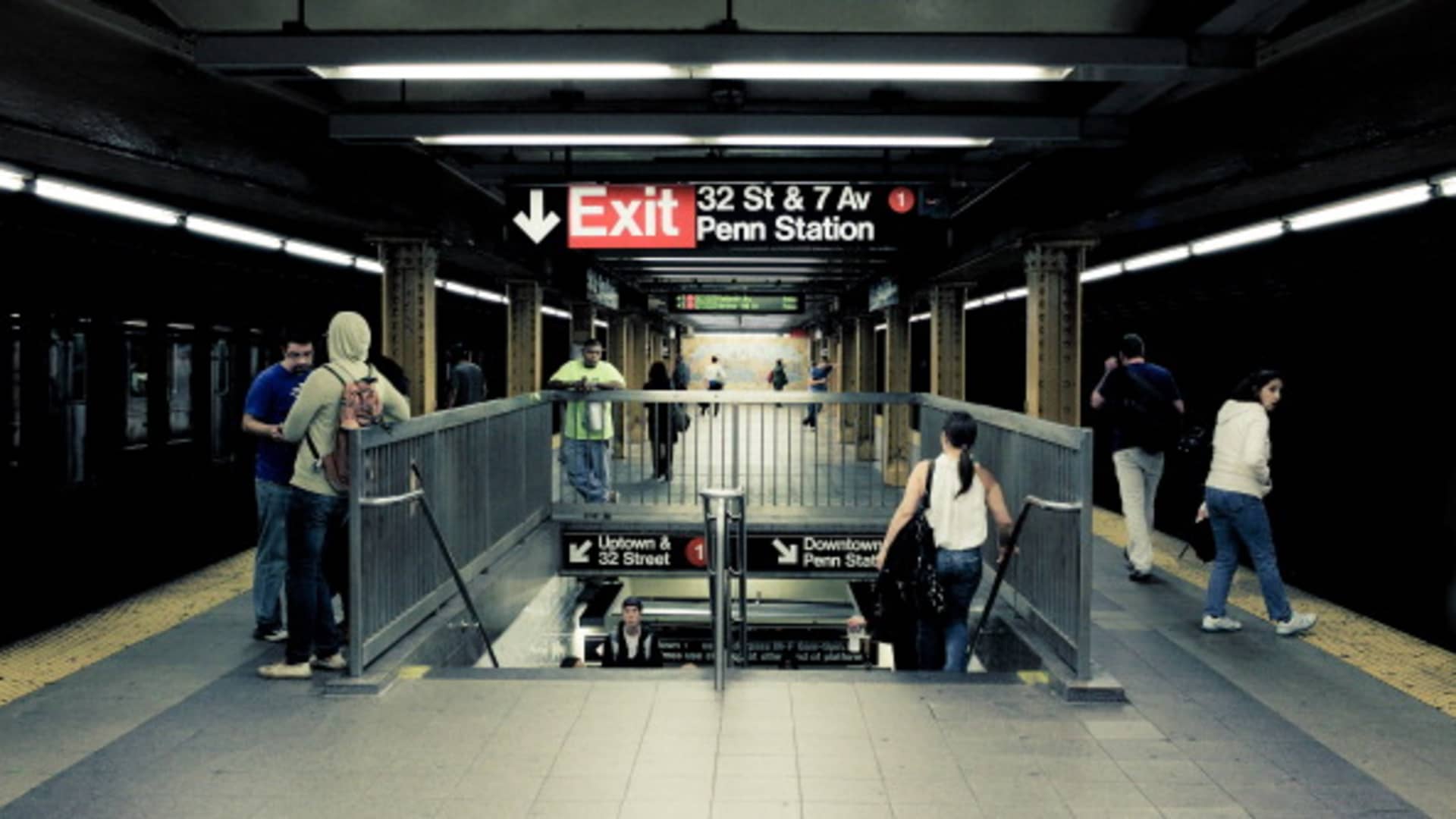Koopzilla24
Active Member
- Joined
- Dec 20, 2022
- Messages
- 417
- Reaction score
- 1,232
The extent of congestion pricing I’d propose are exit tolls within city limits for those coming from outside of the city. Any vehicles exiting the highways onto city streets would be subject to high tolls with the exception of the airport and seaport and no commercial vehicle fees at Southampton St because of the industrial area. The seaport because as-is there is a mass of parking there and transit/walking access to all the office jobs from them is so easy that I’d imagine most would just park rather than squeeze across Fort Point. This would discourage driving all the way into downtown via less convenience but provide a way to drive to downtown without paying an extra fee. Serious transit improvements from the south side of the Charles to Cambridge need to be made though because the Allston exit is hell and there’s no alternative to park and take transit up easily.


